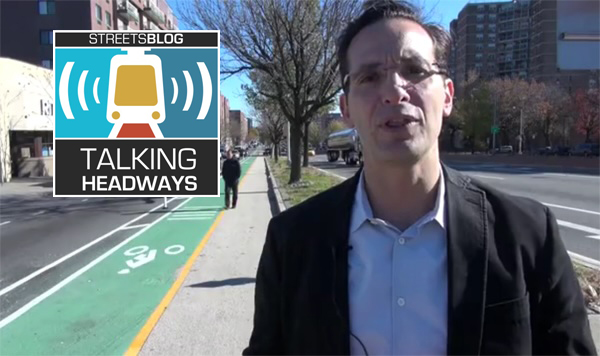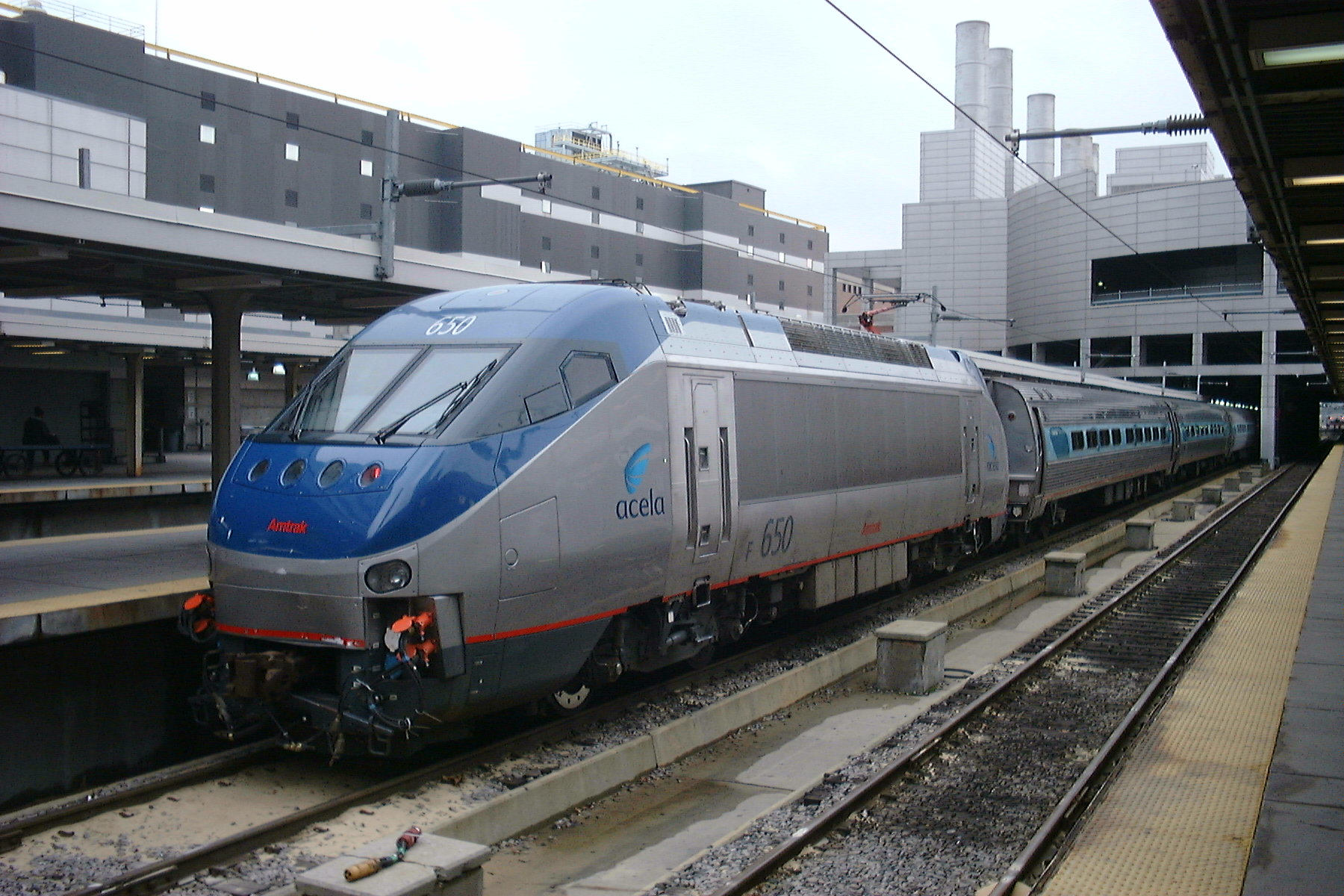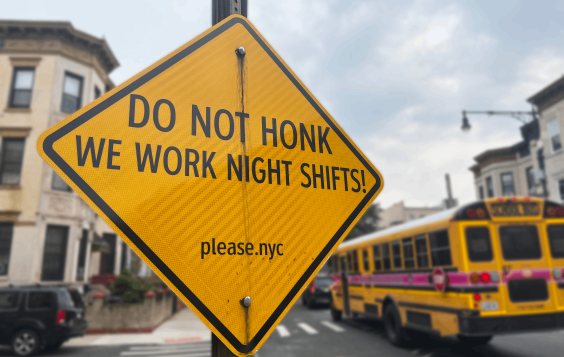For decades, cyclists bickered amongst themselves about the efficacy and safety of bike infrastructure. With the proliferation of protected bike lanes in recent years, however, everyone can see that predictions about bike lanes making streets more dangerous for cycling simply didn't come to pass. Network blogger Elly Blue at Taking the Lane says the debate has been settled.

The evidence that protected bike lanes improve safety and retail performance has demolished the arguments against bike infrastructure, Blue writes. And cities around the country have New York to thank for that:
In 2007, New York City added protected bike lanes, also known as “cycle tracks” to two previously car-centric one-way arterials in Manhattan, 8th and 9th Avenues. (This short movie explains more.) These lanes—basically, regular bike lanes with a physical barrier (often parked cars) and special signals at intersections in order to separate people on bikes from people driving and walking—were controversial before and after construction, with lots of dithering and yammering about how they would hurt business and freight, cause crashes, hold up traffic, and waste time and money.
The city’s transportation department released a study last October, however (I’ve been busy and just got in on the game this week), that puts much of that criticism to rest, with a zing. (Read about the study here or download the PDF here.)
First, on safety: True to form, this bike infrastructure did more than make cycling safer: The study found a 35% decrease in traffic crash related injuries to all street users on the 8th Ave path, and a whopping 58% on its 9th Ave counterpart.
Meanwhile, retail sales income in locally-based businesses along the 9th Ave lane went up as much as 50%. Yep, half again what they were before 2007. And this was during a recession. In the same period, borough-wide retail sales only increased 3%.
In light of these developments and similar evidence from Washington, Portland, and a growing number of other cities, the anti-bike infrastructure argument looks increasingly silly and out of date, Blue says:
The real debate should not be about whether or not to invest in bike infrastructure, but about how your city can create the most, the fastest. It’s time for us to move on. If your city’s leaders don’t get this, it’s time for them to move on too.
Elsewhere on the Network today: Boston Biker reports that the MBTA triumphed in this year's Bean Town "Rush Hour Race" pitting a cyclist, a driver, a runner, an in-line skater, and a transit rider against each other in a content to see who could get to work fastest. Extraordinary Observations says the problem with Washington's well-designed, center-running Pennsylvania Avenue bike lane is that nobody follows the rules. And People for Bikes reports that Chicago's new protected bike lanes are a hit with business owners.





